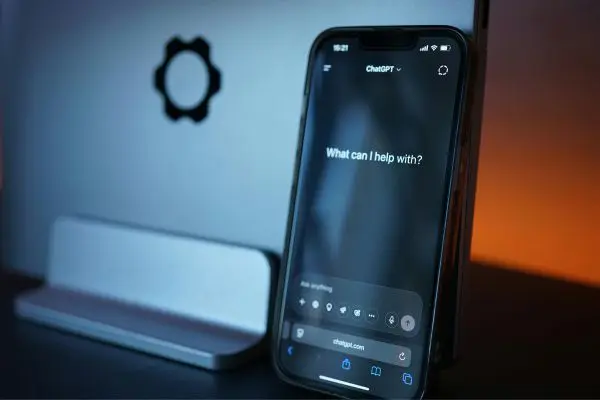What Type of AI User Are You – and What Does It Say About Trust in Your Team?
We all have accepted that Artificial intelligence is no longer a future concept – it’s part of our everyday working lives. Yet beneath the talk of automation, productivity, and algorithms lies something far more human: trust.
When new technology arrives, people react differently.
Some embrace it, experimenting and sharing their discoveries.
Some quietly use it in the background, unsure how others might view it.
Others wait, watch, or resist altogether.
These reactions aren’t really about the technology – they’re about trust, confidence, and culture.
AI Is a Mirror for Workplace Culture
At Pathway Group, we’ve always believed that skills and innovation are built on one foundation – trust. The arrival of AI has become a mirror that reflects how much of that foundation exists within a team or organisation.
When people feel trusted, they innovate.
They ask better questions, share insights, and learn together.
When they don’t, they hide what they’re doing. Curiosity becomes cautious. Initiative becomes invisible.
That’s not an AI problem – that’s a trust problem.

Research from Slack’s Workforce Lab illustrates this point perfectly.
The study identified five “AI personas” found in workplaces across the world:
- Maximalists who use AI openly and enthusiastically.
- Undergrounds who use it quietly but never mention it.
- Superfans who love the idea but haven’t yet tried it.
- Observers who watch from a distance.
- Rebels who resist or distrust it altogether.
It’s a clever way of showing that how we use AI often depends less on skill – and more on whether we feel safe and supported to try. Please do take some time and take the test:
https://slack.com/intl/en-gb/blog/transformation/ai-team-building-with-the-ai-personas-quiz
If your team is full of “Undergrounds”, quietly experimenting but afraid to share, that’s not about technology. It’s about whether your culture makes innovation feel safe.
It’s Not About Easier Work – It’s About Better Work
AI is often described as a tool to make work easier. But the real opportunity lies in making work better.
We saw something similar when social media first entered the workplace.
At first, many saw it as a distraction. Over time, it became a tool for storytelling, learning and connection – but only once we learned to use it responsibly and purposefully.
AI is following the same path. It’s not here to replace our thinking – it’s here to enhance it. The difference between progress and complacency comes down to mindset: whether we see AI as a shortcut or a catalyst for improvement.
AI should challenge us to be more thoughtful, more efficient, and more creative – not less. It should never mean resting on our laurels.
The Real Test of Leadership
The most important question for any leader is not “Do we trust AI?” – it’s “Do we trust our people?”
Technology doesn’t build trust. Leadership does.
When leaders create environments where people can explore new tools, share ideas and learn without fear, innovation flourishes. When they lead through control or suspicion, innovation retreats underground.
Before an organisation can be AI-ready, it must first be trust-ready.
A Challenge for Every Organisation
So here’s a question for every team: What type of AI user are you?
And what type of culture are you building around it?
AI won’t define your future – trust will.
At Pathway Group, our focus remains on people: building skills, confidence, and capability to help individuals and organisations thrive in the future of work.
Because while technology may drive change, it’s trust that sustains it.